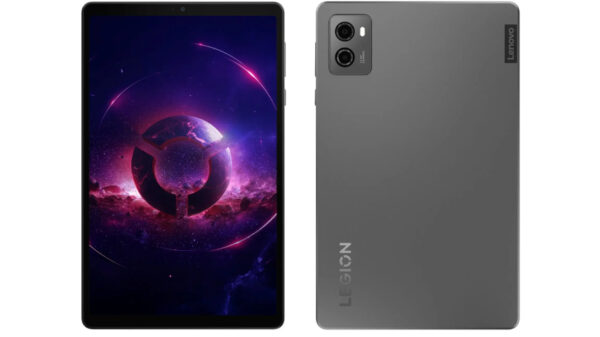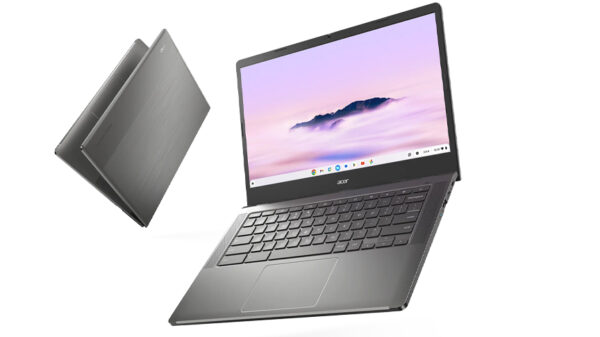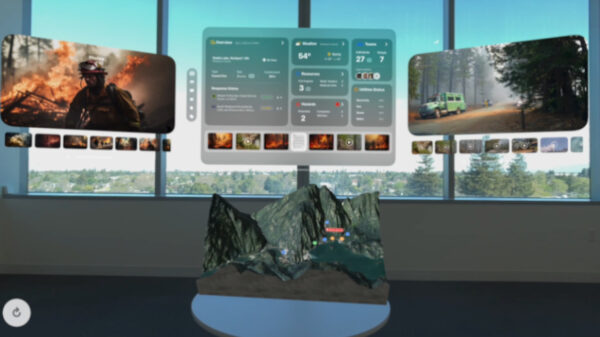As the retail landscape faces mounting pressure from evolving consumer expectations and economic headwinds, a new global study from the IBM Institute for Business Value, reveals a widening gap between shopper demands and the current retail offering.
The third biennial consumer study, “Revolutionize retail with AI everywhere: Customers won’t wait,” surveyed nearly 20,000 global consumers and reveals a dissatisfaction with retail experiences, with only 9% of consumers surveyed saying they are content with in-store and 14% content with online shopping. Yet technology could play an important role in enhancing the overall shopping experience, with over half of the respondents indicating they are eager for AI enhancements like virtual assistants (55%) and AI applications (59%) as they shop. Influenced by inflation, six in ten consumers surveyed also say inflation has impacted how they shop, with 62% saying that price is a top reason they switch stores or brands.
“In the face of rapidly shifting consumer expectations and the stark realities of today’s economic picture for households, the retail sector is presented with an ongoing challenge—and an unprecedented opportunity,” said Luq Niazi, Global Managing Director at IBM. “We are seeing that today’s consumers, faced with more choices and channels than ever, are increasingly making their purchasing decisions based on the cost and the quality of experiences that retailers provide. The IBM IBV Consumer 2024 Study underscores an opportunity for retailers to integrate AI and other technologies into both digital and physical shopping experiences to meet these changing consumer demands and their economic challenges. Leveraging advances in AI technologies, retailers can forge ahead into a new era of commerce and fulfilment, leading with innovation to create shopping experiences that are as intuitive, unified, personalized and efficient.”
Noteworthy findings from the study include:
- In-Store Experience Lacks Luster: Despite a preference for physical stores by 73% of those surveyed, only 9% are satisfied with the in-store experience. Consumers surveyed want greater variety of products available (37%), more information about products (26%), and faster checkout (26%) in stores. Most consumers surveyed (65%) are supplementing their in-store experience by using mobile apps while shopping — demonstrating a trend toward a digitally integrated in-store experience.
- Online Shopping Shortcomings: Online retail isn’t immune to criticism; two-thirds of consumers surveyed discover new products via the web, yet many have expressed dissatisfaction with their online shopping journey, citing challenges finding the products they want (36%), not enough information about products (33%), and a cumbersome return process (33%).
- Consumers Desire Digital Integration: Consumers surveyed showed a strong interest in using AI technology to enhance various aspects of their shopping. Most consumers (59%) said they would like to use AI applications as they shop and 4 in 5 consumers who haven’t used the technology for shopping reported an interest in trying it. Personalization and targeted offerings are in demand, with 52% of consumers surveyed interested in receiving information, advertisements, and offerings from stores that are relevant to their specific interests. Yet there remains a stark satisfaction gap for current AI assistant users surveyed. Only about one-third of responding consumers who have used virtual assistants are satisfied with the experience and nearly 20% were so disappointed that they don’t want to use virtual assistants again, signaling a mismatch between current tech offerings and shopper expectations.
- Economic Forces at Play: Economic challenges, particularly inflation, are influencing shopping behaviors. Consumers surveyed are seeking flexible payment options, with 55% desiring more varied payment options and 46% reporting they would like to pay for their purchase in installments. As inflation and economic uncertainty pinch pocketbooks, 62% of consumers surveyed also say price is a top reason they would switch stores or brands.
Revolutionize retail with AI everywhere: Customers won’t wait underscores the urgent need for retailers to innovate and integrate advanced technologies, such as AI, to elevate the shopping experience. The study also serves as a resource for retailers, outlining actionable strategies to help these businesses meet changing consumer demands.












































































































